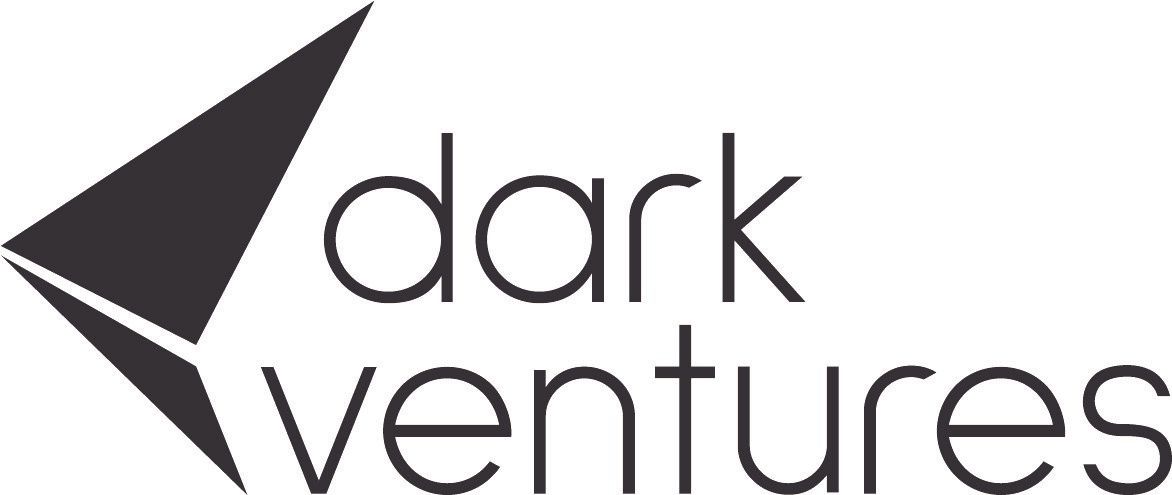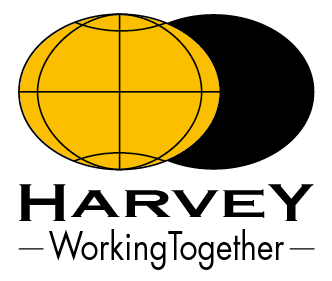Mountain Training Assessment Deferral? How to recover from it!
It’s debrief time at the end of your Mountain Training assessment. You’re probably the most nervous you have been during the whole assessment. More nervous than you were on Day One when you met the rest of the group and your assessors, feeling awkward and out of place, and wondering if you were the least experienced person in the room. The nerves dwindled as you went through the course, and you settled into the assessment. However, you know that it’s not all gone amazingly well for you, but you’re hoping that you might have shown enough good stuff to convince your assessors to give you a Pass. As the assessor begins your debrief, they explain that unfortunately, on this occasion, you weren’t successful. You did a lot of great things during your assessment, but that recurring error has meant that you have been Deferred. The blip in your performance revealed itself as a trend.
It’s common in this situation for a candidate to not really take in much of what is said beyond that point. It’s also common for Deferred candidates to think of it as a Fail. It is NOT a Fail. You’ve Passed most parts of the syllabus, but it’s just this one thing for which you’ve not quite been at the standard during this assessment, and you have been Deferred on that one thing alone. Or perhaps a couple of more minor things may have led the assessor to come to this decision.
Most assessors understand that the candidate feels they have failed at this point. Most of us will outline the points that led to our decision, but offer to have a more in-depth chat with the candidate in a couple of days time. In my experience of giving Deferrals, most want to hear it there and then, but some will come back to me to clarify things a day or so later when they’ve had a chance to let it percolate through. In my experience, as an assessor, it’s also fairly common for candidates to not really understand what to do next. How do you turn that Deferral into a Pass?
First of all, let’s think about what happens at the end of the assessment. Your Course Director has a course report to write, and that gets submitted to Mountain Training for them to authorise. The course report has a number of different parts to it. There is an overall page that has individual day reports attached. These give details of which parts of the syllabus were covered on each day, and a written overview of how those parts of the syllabus were delivered. There’s a section showing who the staff were, and there’s a results section. Once this course report has been authorised by Mountain Training you can access the course report from your DLOG. This is the case with all Mountain Training courses, so any training or assessment courses you’ve done can be viewed from your DLOG. On your homepage on DLOG go to the Awards & Training tab at the top of the page. Everything you have done through Mountain Training will show in there, including the schemes you have registered for, the courses you’ve attended, the MTA workshops you’ve attended (if you’re a member), and you can filter this to just show your courses.
If you were Deferred at assessment go to the course report for that assessment and then click the Results tab. Your name will appear and the Defer result, while over on the right is a Print tab. Click this and you will download your Deferral Report.
This Deferral report is split into three sections. The first is an overview of the whole course – what you did well, and what you didn’t do so well, including specifics of anything of concern. The second section is an action plan – what does your assessor recommend you should do to prepare for a reassessment. And finally there’s a section that states what form that reassessment should take.
Once you’ve had time to reflect on your assessment, and the course report has been authorised by Mountain Training, you really need to download your Deferral report so that you know what you need to do next to go for a reassessment.
By definition, there will need to be a period of time for you to practice, probably with more walks or climbs and possibly with some further input in terms of training or refresher workshops run by an authorised trainer. As a minimum, this period of time is set at three months. Many candidates misunderstand this, and try to book a reassessment within three months – it’s not actually possible to do this, and you shouldn’t try to rush the process (although there is also a maximum period of five years, so don’t wait too long!).
For Deferred candidates there’s often some confusion about who to do a reassessment with. It can be the same person who originally assessed you, but it doesn’t have to be if you’d prefer it to be with someone else. Obviously it does need to be an authorised Mountain Training provider for the award, but apart from that you can choose. Many candidates do a reassessment with the same provider because they feel happier being assessed by someone they know, but occasionally people like to try their arm with someone new, and that is also fine. Just do whatever makes most sense to you. I get a fair few of my Deferred candidates coming back to me, but I also get candidates for reassessments who I’ve never seen before. Either way, the assessor will ask to see your Deferral report. This is important, as it helps them to formulate a proper reassessment plan for you, and means that they don’t assess you on things that you’ve already passed. I remember a few years ago with a candidate who needed to be reassessed on ML ropework. I booked him in for an afternoon session, one-to-one, and he turned up with a large expedition rucksack ready to go camping, do night navigation, and ready to give environmental talks along the way. He was delighted when I said we were only going to do ropework. Remember, with a Deferral you’ve already Passed all of those other parts of the syllabus. I did let this chap give me his environmental talk though!
This brings us to the question I’m often asked, “Why don’t you advertise reassessment dates?”. Most, but not all, reassessments are one-to-one. Candidates are Deferred on a wide range of syllabus points, and they each need to be reassessed on exactly what they were individually Deferred on. Occasionally it is possible to put a couple of reassessment candidates together, if they need to be reassessed on the same thing, but that doesn’t often happen. To book a reassessment when you’re ready you’re much more likely to contact a course provider and they’ll agree a date and course fee with you once they’ve read through your Deferral report. The length of a reassessment varies also depending on the nature of the Deferral, but most are half a day to a full day, or perhaps an afternoon into night, if night navigation needs to be reassessed.
I hope this helps Deferred candidates in terms of knowing what to do next. Deferrals aren’t uncommon – I know loads of very well respected people in our industry who had a Deferral at some point in their career. I was Deferred on my MCI assessment, and am glad that I was, as it gave me an opportunity to put my mistake right. It also showed me the value of a fair assessment – if I’d Passed despite not being at the standard with one part of the syllabus I’d have always had it in the back of my mind that the assessment process was flawed. To my mind it is this that gives the most value to all of our awards.
While Deferrals aren’t uncommon, the rural myth that states that on every assessment we have to Pass, Defer, and Fail a certain percentage of candidates is, thankfully, just that. A completely made-up myth. Just this week I’ve run two separate Climbing Wall Instructor assessments, and all of the candidates Passed. I also remember a Mountain Leader assessment where more than half of the candidates were Deferred. Each candidates is assessed on their own merit, and is measured against the standard required. No candidate is measured against any other candidate.
So, if you are sitting there reading this with a Deferral behind you, wondering what to do next, I hope this was useful. Download that Deferral report, work on putting things right, and move forward to get ready for your reassessment. Good luck!
Graham Uney, Mountain Training England Provider and Course Director.





